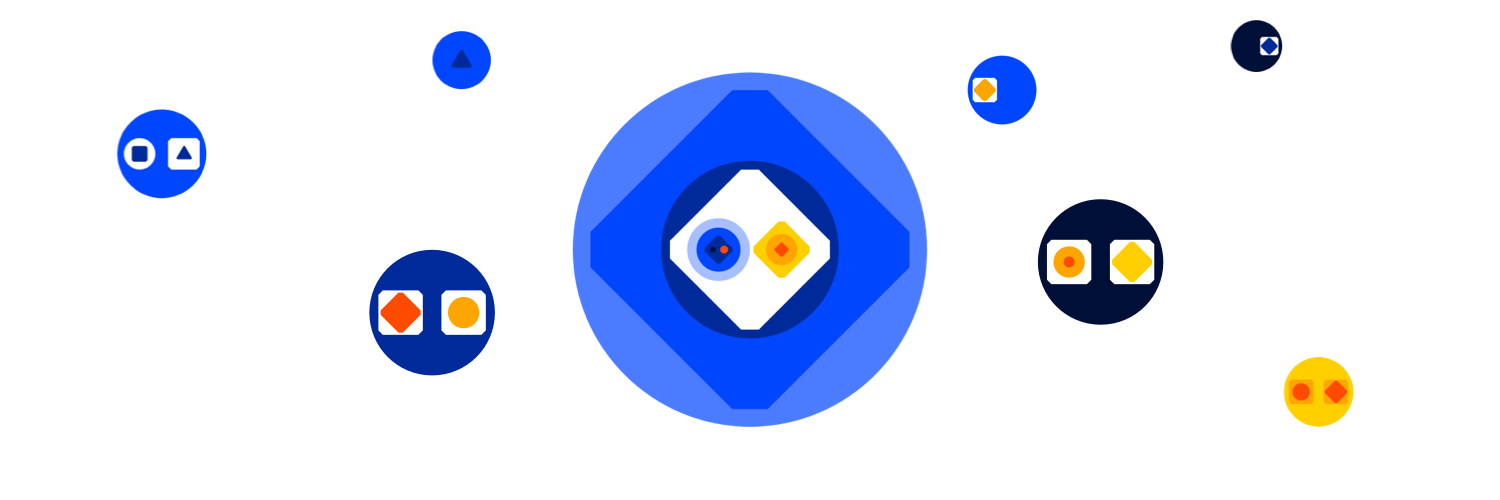
#
Bitcoin Computer
#
A Turing-Complete Metaprotocol for UTXO-Based Blockchains
The Bitcoin Computer is a protocol for building applications that are as secure and decentralized as Bitcoin is. You can build games, tokens, exchanges and more without relying on a sidechain, an extra token, or a trusted third party.
Free Computation - Smart contracts are executed on the client. Execution costs are fixed and independent of the number of computational steps.
Multicoin. Deploy on Bitcoin, Litecoin, Dogecoin, and Pepecoin (Bitcoin Cash coming soon) using the same code.
JavaScript & Typescript - Build decentralized applications that integrate seamlessly into web applications using your favorite tools and execute on high performance JavaScript engines.
Simple - Deploy a smart contract by inscribing a JavaScript class, create an on-chain object by inscribing a constructor call and update an on-chain object by inscribing a function call.
Expressive - All computable updates can be expressed and on-chain objects can be freely combined, enabling complex applications like decentralized exchanges or multi-asset games.
Efficient - The system is perfectly sharded, so users only need to compute values of on-chain objects they are interested in.
Fast - Built-in optimizations eliminate redundant computation and communication, ensuring high-performance out of the box.
History - Every historical state is recoverable and each update is stored in a timestamped, digitally signed transaction.
Data Ownership - On-chain objects are stored in UTXOs, meaning only the UTXO owner can update their state. Data ownership is as secure as cryptocurrency ownership.
Compatible - Compatible with existing Bitcoin protocols. You can build apps for Ordinals and Runes, or use BitVM to enforce complex data ownership rules.
Privacy - Public by default, built-in support for encryption and off-chain storage enables CCPA- and GDPR-compliant applications.
The Bitcoin Computer is developed by BCDB Inc. Join our community on Telegram or on X.